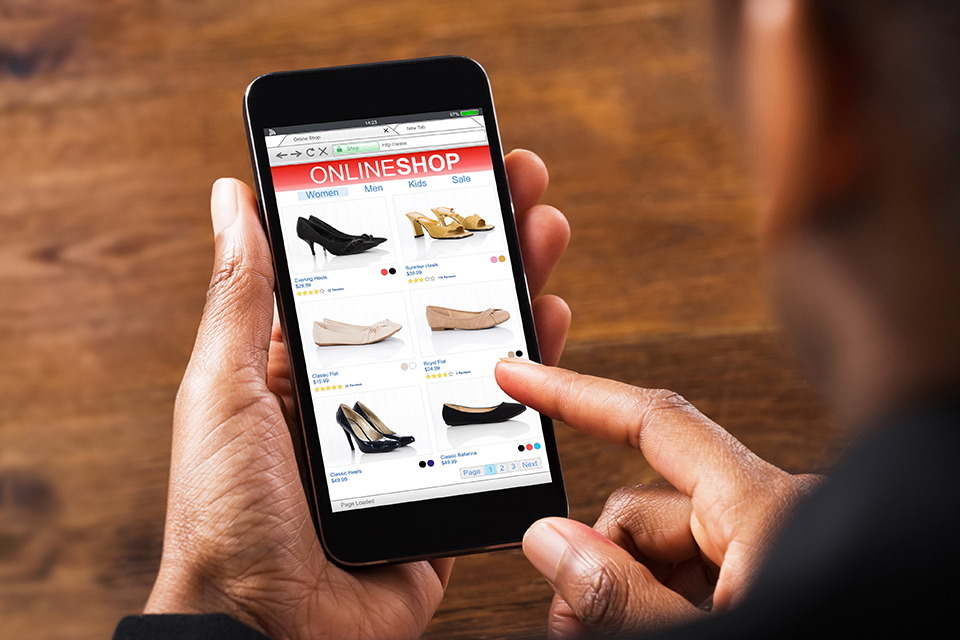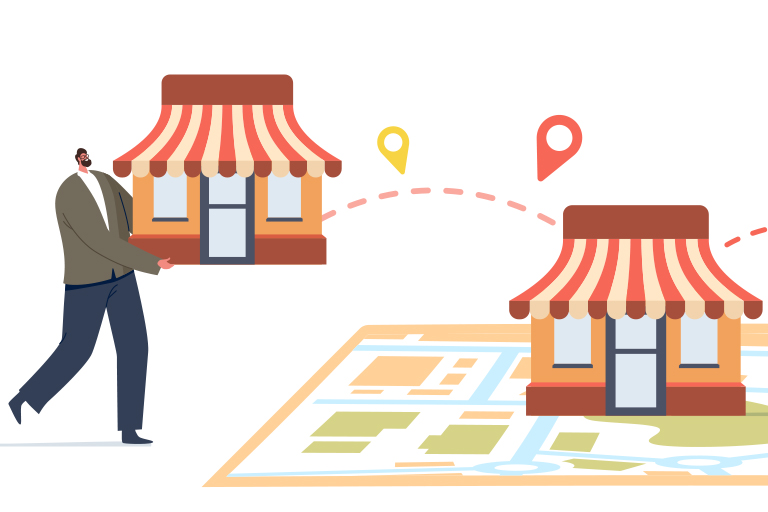How To Start A Business In Any Economic Climate
Economic winds are spinning the weathervane in all directions. But don’t be put off: there’s never a perfect time to launch a business or start-up.
4 tips for starting a business in any economic climate
As we turn the corner into 2024, economic commentators and global media around the world are assessing every scrap of new data that emerges to predict the direction the economy will go in next. Will current trends continue? Or will the wheels of the global macroeconomy return to growth, spurred by economies emerging from the pandemic?
These debates will continue in the months to come, and only time will tell what the eventual outcome will be. But for any small business owner, entrepreneur or founder of a new start-up, the chatter can be unsettling or even off-putting.
We speak to a lot of company founders just starting out. There is never a perfect time to be launching a new business venture. What may – or may not – happen in the year ahead should not put you off what you are planning to achieve.
But you will need to read the wind and be ready to adjust your sails to stay on course for success. For now, here are our four big things to consider:
Most entrepreneurs start a business and aim to become profitable in around five years’ time or sometimes even longer. Grab, for example, was founded 10 years ago but is only forecasting breaking even in 2024. But we are in a different funding environment today than we were even a year ago. Investors are more aware of the risks they are taking and are demanding that start-ups reach profitability much faster, sometimes within one to two years.
The reality is that only 40% of start-ups are profitable. Defining a clear path to profitability requires discipline. Are you staffed correctly and, even more importantly, do you have the right people focusing on the right problems to solve? When the good times roll these conversations do not happen very often, but when things get tight, everyone needs to be evaluated. You have to be on track for profitable growth, not just growth.
RELATED: Starting a small business online? Here’s how
These debates will continue in the months to come, and only time will tell what the eventual outcome will be. But for any small business owner, entrepreneur or founder of a new start-up, the chatter can be unsettling or even off-putting.
How to start a business during tough economic times
We speak to a lot of company founders just starting out. There is never a perfect time to be launching a new business venture. What may – or may not – happen in the year ahead should not put you off what you are planning to achieve.
But you will need to read the wind and be ready to adjust your sails to stay on course for success. For now, here are our four big things to consider:
1. The funding environment has changed. Get to profitability faster.
Most entrepreneurs start a business and aim to become profitable in around five years’ time or sometimes even longer. Grab, for example, was founded 10 years ago but is only forecasting breaking even in 2024. But we are in a different funding environment today than we were even a year ago. Investors are more aware of the risks they are taking and are demanding that start-ups reach profitability much faster, sometimes within one to two years.
The reality is that only 40% of start-ups are profitable. Defining a clear path to profitability requires discipline. Are you staffed correctly and, even more importantly, do you have the right people focusing on the right problems to solve? When the good times roll these conversations do not happen very often, but when things get tight, everyone needs to be evaluated. You have to be on track for profitable growth, not just growth.
RELATED: Starting a small business online? Here’s how

2. Ensure you have sufficient resources to deliver and grow.
First: identify a problem to solve. Will that solution impact a large number of potential customers? If they your solution can deliver a return to your business, you’re starting to build a formula for success. Finding the right partners is also a critical part of the formula. You need investors who will roll up their sleeves, using their expertise to provide a sounding board and connections to reach the next level. Capital brings in talent, which brings scalability. When things fly, they can fly fast, so you need resources in operations to make sure things can move and you can deliver.
Third-party vendors all add value without requiring the investment to build it yourself. That is particularly the case in the logistics sector. At FedEx, we have already built digital networks and physical networks that can integrate and partner to support small businesses.
3. How to differentiate in a competitive market? Customer experience.
As a tiny start-up it can be difficult to build trust with customers. Big brands are more trusted, and they have a larger customer base to test new products out on. Consumers switch loyalties all the time as they experiment and try new things. But in the B2B world, more duty of care is required to encourage customers to try new solutions.
RELATED: How to achieve more with a business mentor
All players have their strengths. This could simply be geography rather than uniqueness of product. But everyone wants a better user experience and that will lead to trust, loyalty and pass along recommendations.It’s important that at least one of your strengths is the customer experience.
4. Strength from adversity.
Some of the world’s most prominent companies have been born out of uncertain times. They did so by adapting their business focus to turn challenges into opportunity. By defining smart milestones that define healthy growth for the future, you can attract investors to the path you are charting.
Now is not the time to give up on your plans. Instead, recalibrate your strategy to become more profitable faster and emerge stronger when a possible economic winter turns to summer.
Business risks exist in economic upswings as well as downswings. The world is walking an economic tightrope right now, but the outlook seems to be growing slightly brighter. Being clearsighted on investor and customer needs will help you navigate through heavy weather and emerge better from the experience. Keep your eye on the prize and take the leap.
For more advice on the trends that can shape your business future, head here.
***
-
Previous
 More Cross-Border E-Commerce Opportunities With Asia–Europe Trade
More Cross-Border E-Commerce Opportunities With Asia–Europe Trade -
NextHow To Measure Impact For An Inclusive, Sustainable World

















 The Latest
The Latest